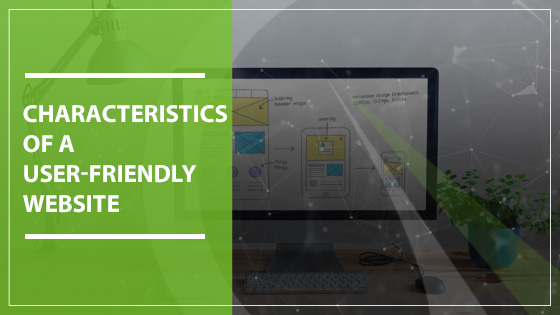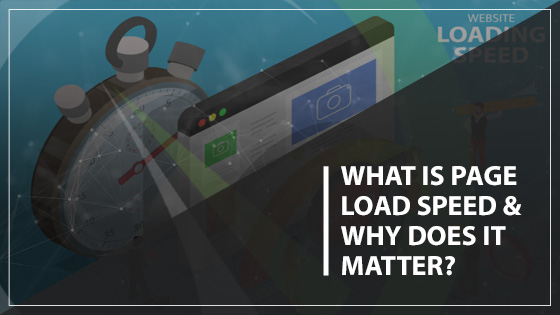Think about the last time you saw a website that made you say, “Wow.” Most likely, that site had a beautiful web design and relevant, eye-catching images. The pictures you use on your website have the power to make or break it. Whether you have a blog or a business page, you need a gripping visual element that separates your website from the competition.
Many website creators make the mistake of using low-quality, pixelated images. They might simply use the same stock image that came with the site to fill space. Low-quality photos do nothing for your brand and potentially cost you views and customers. Nowadays, clients are tech-savvy and recognize the effort made by the brands they buy from, which includes the quality of their websites.
By knowing what to look for when you add an image to your site, you’ll stay ahead and emphasize the content that you work hard to create.
Choose Images that Elicit Emotion
If you type “smiling woman” into a search bar, thousands of images pop up. Yet when you look closely, some smiles seem more authentic and joyful. Always choose pictures that have genuine emotions that you can feel when you’re looking at them. Users connect with them on a more substantial level. They accomplish your goal and add depth to your content.

Target your Audience
Just because a picture looks generically nice doesn’t mean that it is going to attract the people you want. Always think about your audience and target them with relevant images. For example, do you have a diverse client base? If so, then try to use images of people from all walks of life. If you’re targeting stay-at-home parents, putting a picture of someone working in an office isn’t relevant to them. Your image must compliment the message your website conveys.
Avoid Pixelated Images
Never use pixelated images on your website. Even if you believe that you’ve found the perfect image, pixelated photos do not look good and decrease the overall quality of your web design approach. Always go for high-quality images that look great when enlarging and resizing. They give a crisp, sharp feel to the site that makes it more attractive.
Use Free and Paid Sources
Several websites cater exclusively to royalty-free, high-quality images. Although these are great and serve their purpose, they will pop up on other sites as well. Investing in a few paid pictures distinguishes your website from others and helps you add a fresh, new feel to its pages.

Optimize for Visibility and Load Times
Sometimes, people find your website only because of its images. When you label your images with the right alt text and file names, they will show up in search engine results. If the image is appealing, your users will click and land on your site. Another tip is to ensure that your pictures have the right size. If it’s too large, it will take longer to load on user screens and increases the likelihood of a high bounce rate.
Think About Purpose
What is your image meant to convey? Is it a generic image that tells you nothing about the content? Your images must convey the mood, emotion, content, and theme of your website. Images attract people, and if they don’t serve a purpose, they undermine the value of your content. Your photos should align with and reinforce the message of your content.
Consider Original Content
If you have the means, original content is the best option for your website’s images. For example, if you own a restaurant, posting pictures of your dishes works better than displaying a stock image. Original content also improves a site’s ratings, especially if they are professional photographs. Even if you cannot take your own photos, you can use a site like Canva to add text and other elements to other photos. Modern web design allows anyone to make attractive, personalized images.
Don’t Overdo It
Too many images on your website distract your users from the main message. Even when the pictures are high-quality, you need the right content to back it up. The goal is for the user to take a specific action, and a sensory overload upsets the delicate balance of a well-built interface.
Image selection is an art and has a positive impact on your online presence. The power of the visual element is undeniable when building a website. Everything from the color scheme to the pictures must align with your vision and brand.
Pictures serve a decorative purpose and are powerful enough to generate emotion and action. With the right web design and images, you can transform any site from average to amazing. Once you take the time to involve yourself in the image selection process, the difference they make will surprise you.
For help designing a website you love, call Gauge Digital Media today at (410) 376-7709!





